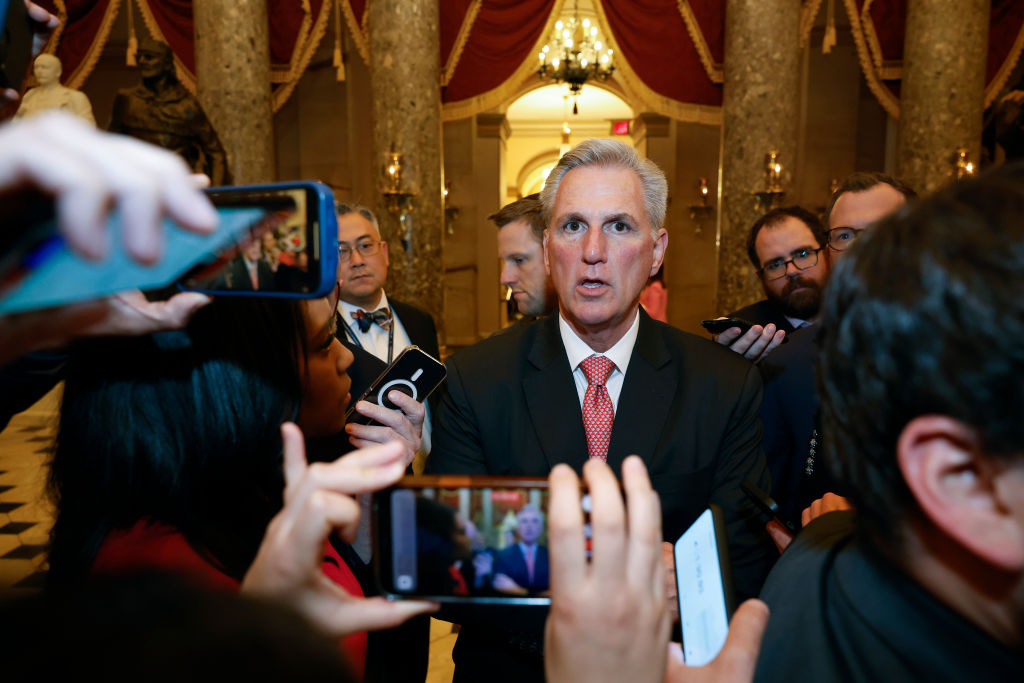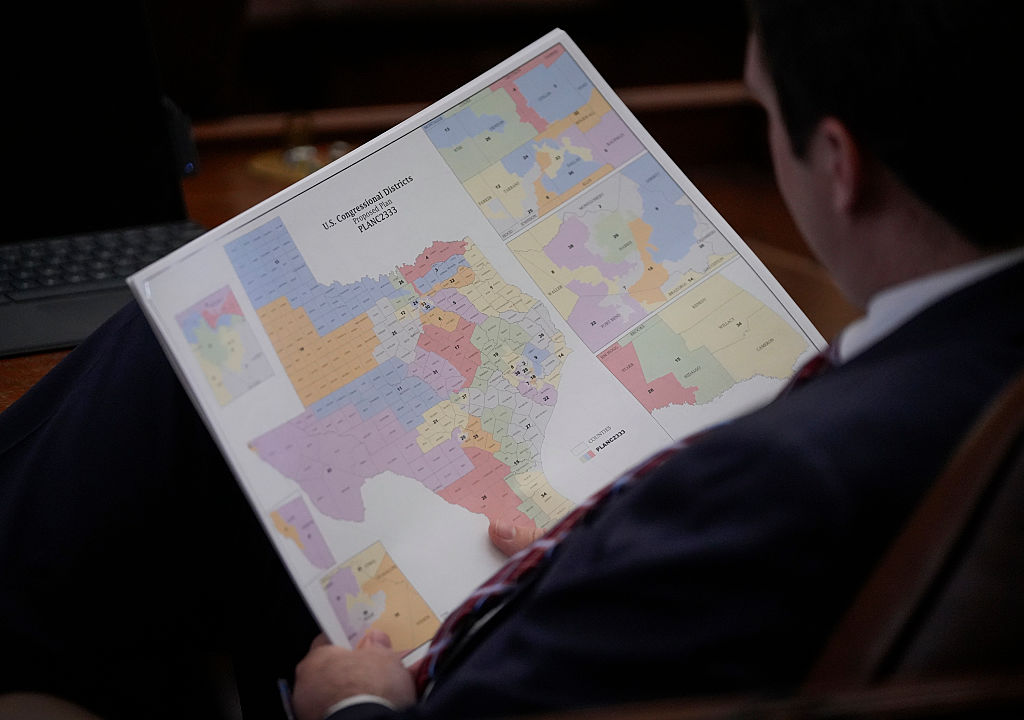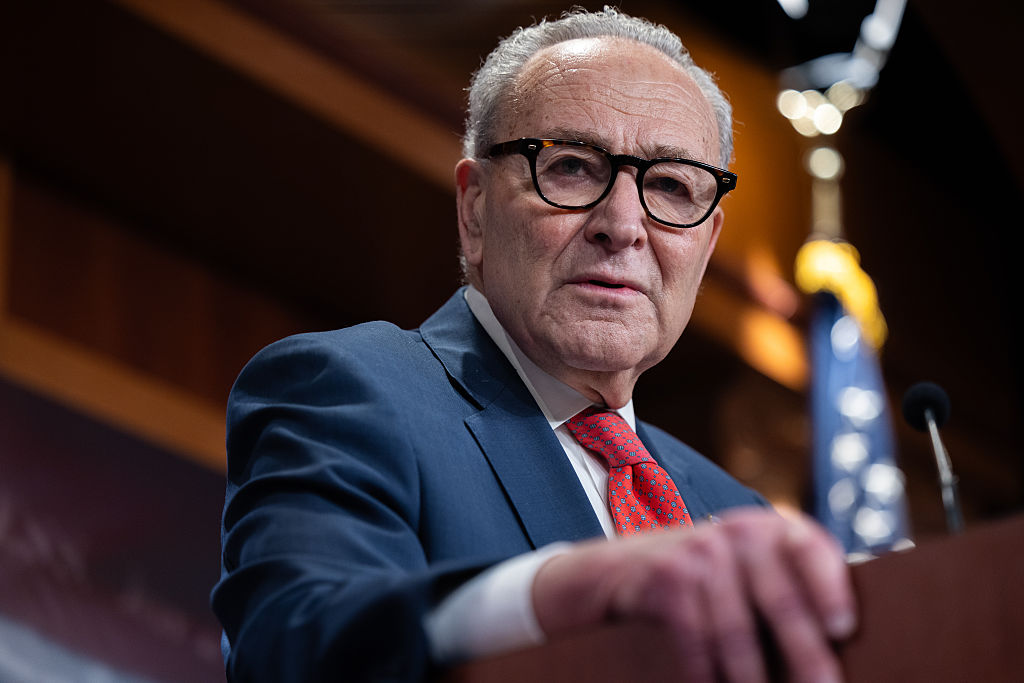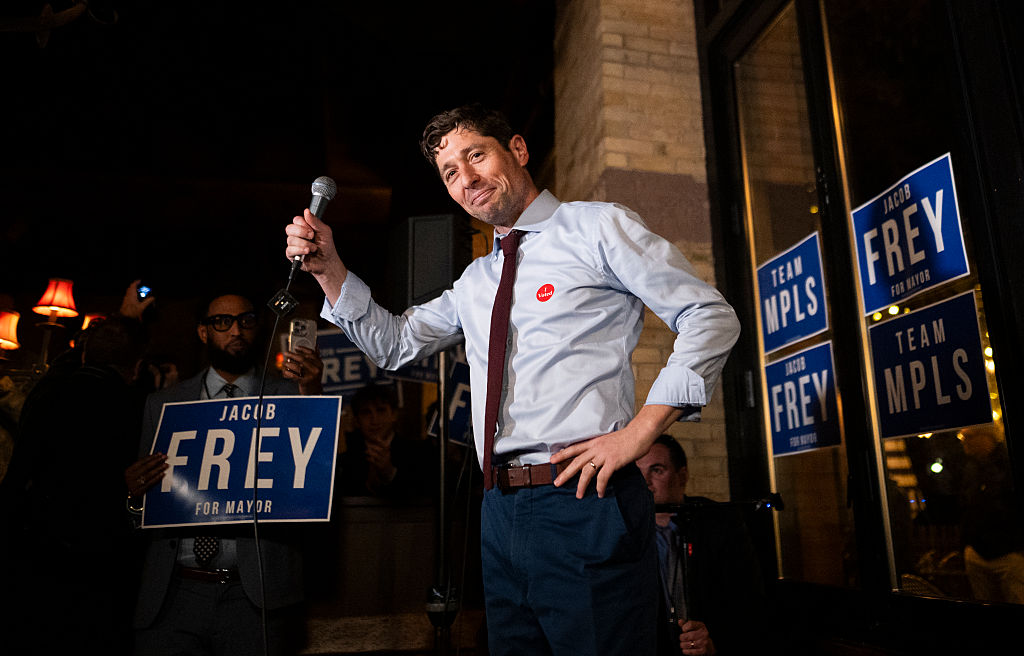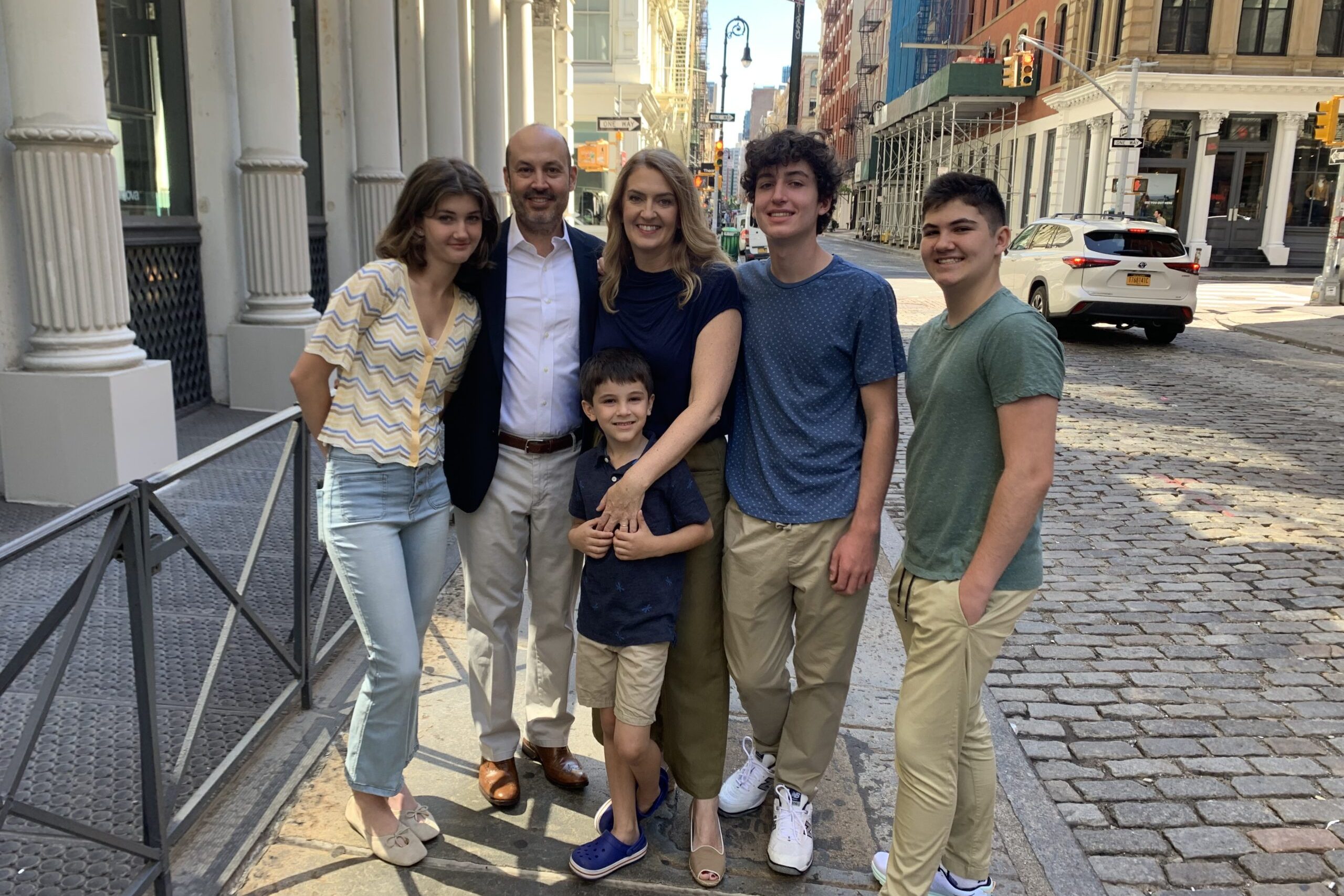For the second consecutive time, the opening of a congressional session has been mired in chaos. In 2021, the certification of the presidential election was the issue. In 2023, House GOP leader Kevin McCarthy is being denied the speakership after waiting in line for well over a decade.
Some of McCarthy’s detractors make the case that this is simply his comeuppance, the natural consequence of appeasing the rightmost flank of his party during the Trump years. There’s an element of truth to this. Too often, he has gone out of his way to placate the demands of the fringes in an attempt to secure their support, only for recalcitrant right-wingers to continue to see him as part of the establishment. But the GOP leadership is not as all-powerful as its role in guiding legislation would suggest. The problem here is that America’s two major political parties are at the nadir of their influence, not the zenith.
Take the current quandary in the House. There is no establishment to police these sorts of disruptions. Even Donald Trump, who has been hailed by many as the new establishment, can’t pull the strings, as evidenced by his unanswered pleas to “his people” to rally around McCarthy.
How did the parties get so weak? Blame primary elections and gerrymandering. Primaries produce general election candidates who hail from the outermost pluralities of their parties, and gerrymandering, the practice of state legislatures manipulating the boundaries of electoral constituencies, has enabled parties to evade the electoral consequences of nominating from these margins. As a result, more and more extremists are being elected to Congress. Leadership now faces the impossible task of uniting discordant interests and minimizing defections, and the only way to do this is to seize the reins of legislating.
The result is that the “democratization” of the parties has paradoxically turned Congress into a top-down operation. Since Dennis Hastert’s tenure, the speaker has not allowed floor votes on legislation unless the majority party supports the bill. There hasn’t been an amendment freely offered on the House floor that wasn’t pre-approved by leadership in years. Committees have been neutered and no longer serve their purpose as the body’s legislative breeding grounds. We now essentially have a triumvirate where the president, the Senate majority leader, and the speaker of the House make all major legislative decisions. The $1.7 trillion omnibus monstrosity passed at the end of last year is just the latest product of this broken process.
The anti-McCarthy group claims it wants to remedy this situation. It wants the introduction of amendments to again be allowed from the floor, members to be provided with adequate time to review bills, and an end to Covid-era proxy voting. These rule changes are all sensible and would revive genuine deliberation in the People’s House. The problem is that most of the members presenting these solutions aren’t truly interested in fixing anything.
Of those who compose the anti-McCarthy bloc, some have reasonable demands. But others are more interested in performative shenanigans. The antics of Lauren Boebert, Matt Gaetz, and Paul Gosar are precisely why former speakers felt the need to consolidate power in the first place.
The best way to make Congress great again is to resuscitate her beleaguered political parties by eliminating primaries and ending gerrymandering. It’s in the interest of both the GOP and the Democrats to do the former. If parties can again tailor candidates to the electoral constituencies they’re contesting, they’ll be much more competitive. It could be argued that hyper-partisan zealots dominate local party leadership in many places, so ending primaries wouldn’t fundamentally alter the kinds of candidates parties are nominating. That’s a valid critique in a state like Arizona, where radicals have long controlled the Republican Party. But the only way back to some semblance of normalcy is through greater centralization.
As for gerrymandering, states determine how and when their elections are conducted, so this would require a constitutional amendment. That’s obviously a very tall order, but there’s quite a bit of bipartisan support for terminating the practice.
Before any of this occurs, House Republicans must coalesce around a viable speaker. If McCarthy doesn’t have the votes, why not opt for a consensus pick with leadership experience, like Steve Scalise, or a principled conservative, like Mike Gallagher? The longer this stalemate persists, the harder it will be for the GOP to prove it can govern. It’s time for the rebels to stand aside.



